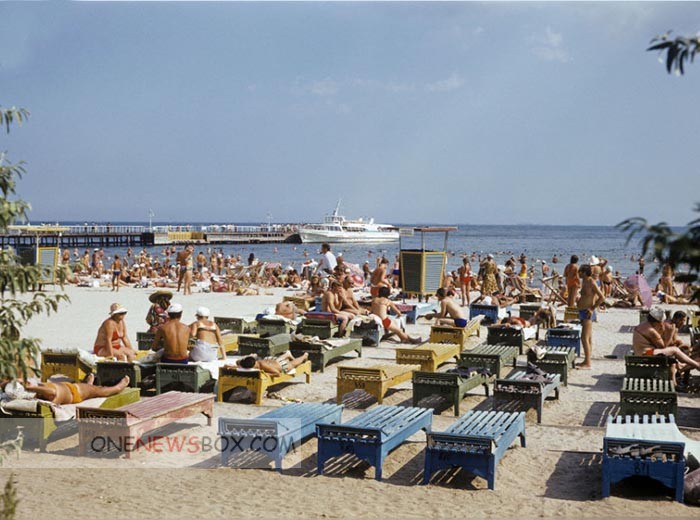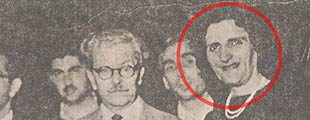Although the Soviet Union was officially atheist, spirituality never completely disappeared. Many people practiced religion secretly, especially in rural areas. The Russian Orthodox Church, Islam, Judaism, and Buddhism all persisted quietly, even as the state discouraged them.Private life was often separate from public ideology. Behind closed doors, families celebrated holidays, told jokes about the government, and shared small joys like homemade food and gatherings. Friendship and trust within close circles were essential, as people could never be sure who might report them for “anti-Soviet behavior.”
Humor was a powerful form of survival in the USSR. Jokes, or anekdoty, circulated widely, poking fun at shortages, propaganda, and bureaucracy. Such humor helped people endure everyday frustrations — waiting in lines, dealing with red tape, and navigating shortages — while maintaining dignity and solidarity.Despite the difficulties, many citizens felt a strong sense of community and pride. Collective work projects, neighborhood celebrations, and public achievements gave people purpose.

